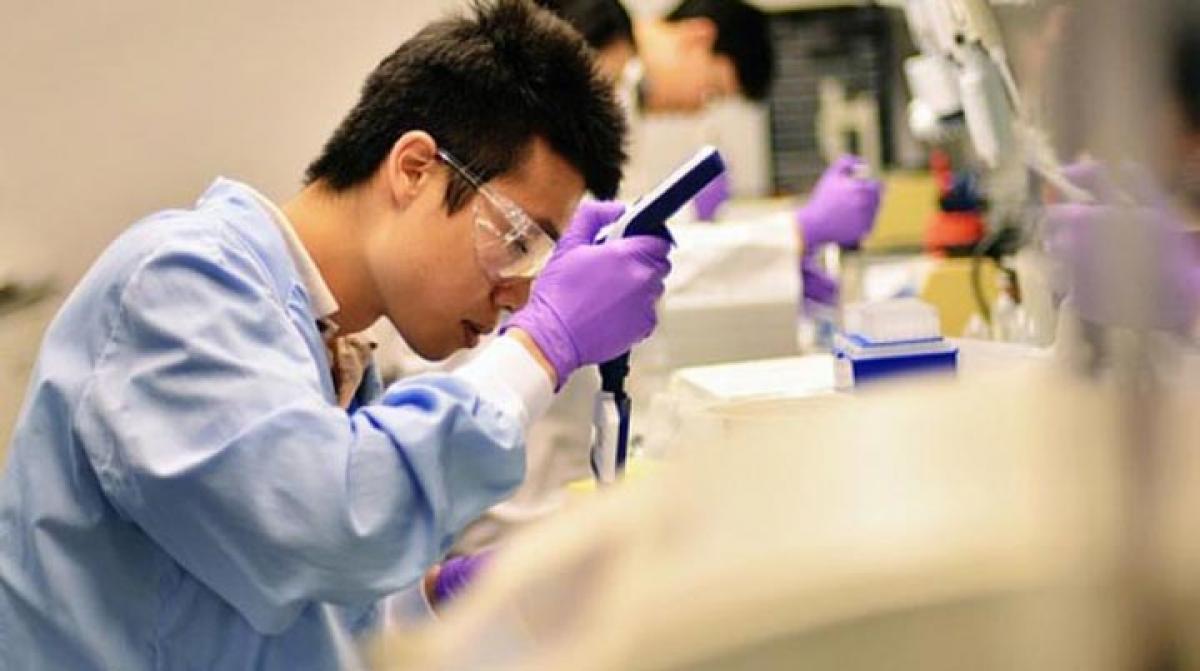Live
- Film director Ram Gopal Varma evades police questioning
- MyVoice: Views of our readers 26th November 2024
- MoU signed to implement NeVA project in AP Assembly
- Climate Change: Trump 2.0 Is Not A Fluke
- Disinformation & Disempowerment: How women’s basic rights and freedoms are being eroded all over the world
- Mahila Meekosam launched for protection of students, women
- COP 29: Rich Nations Have Their Say
- Industrial parks to be set up in every constituency
- Edu institutions to receive fee reimbursement soon
- SP orders speedy disposal of PGRS petitions
Just In

In an important advancement towards an effective treatment against the deadly Ebola virus disease (EVD), researchers have found that a single monoclonal antibody isolated from a human survivor completely protects monkeys from lethal infection with the virus.
In an important advancement towards an effective treatment against the deadly Ebola virus disease (EVD), researchers have found that a single monoclonal antibody isolated from a human survivor completely protects monkeys from lethal infection with the virus.
The study, published online in the journal Science, showed that the antibody, known as mAb114, was effective even when given five days after exposure to Ebola virus. The findings suggest that it could hold promise as a potential treatment for human cases of EVD. Although several clinical trials are in progress, there are currently no licensed therapies against Ebola virus.
Antibodies, or proteins produced by the immune system in response to infection, represent one possible approach to treating the disease. "While several antibody 'cocktails' have been tested, this is the first time we've evaluated a single antibody and demonstrated protection in non-human primates," said one of the study authors John Trefry from the US Army Medical Research Institute of Infectious Diseases (USAMRIID).
In the study, the researchers administered a lethal dose of Zaire ebolavirus to rhesus macaques. After five days, the team treated three of the animals with daily intravenous injections of mAb114 for three consecutive days. All the treated animals survived and were free of EVD symptoms, while the untreated animal developed clinical signs of the disease. The antibody was isolated from a survivor of the 1995 Ebola virus outbreak in Kikwit, Democratic Republic of the Congo.
Ebola virus causes severe hemorrhagic fever in humans and non-human primates with high mortality rates and continues to emerge in new geographic locations, including West Africa, the site of the largest outbreak to date. Since 2014, over 28,500 cases have been reported in Guinea, Liberia and Sierra Leone, with over 11,000 deaths, according to the World Health Organisation.

© 2024 Hyderabad Media House Limited/The Hans India. All rights reserved. Powered by hocalwire.com







